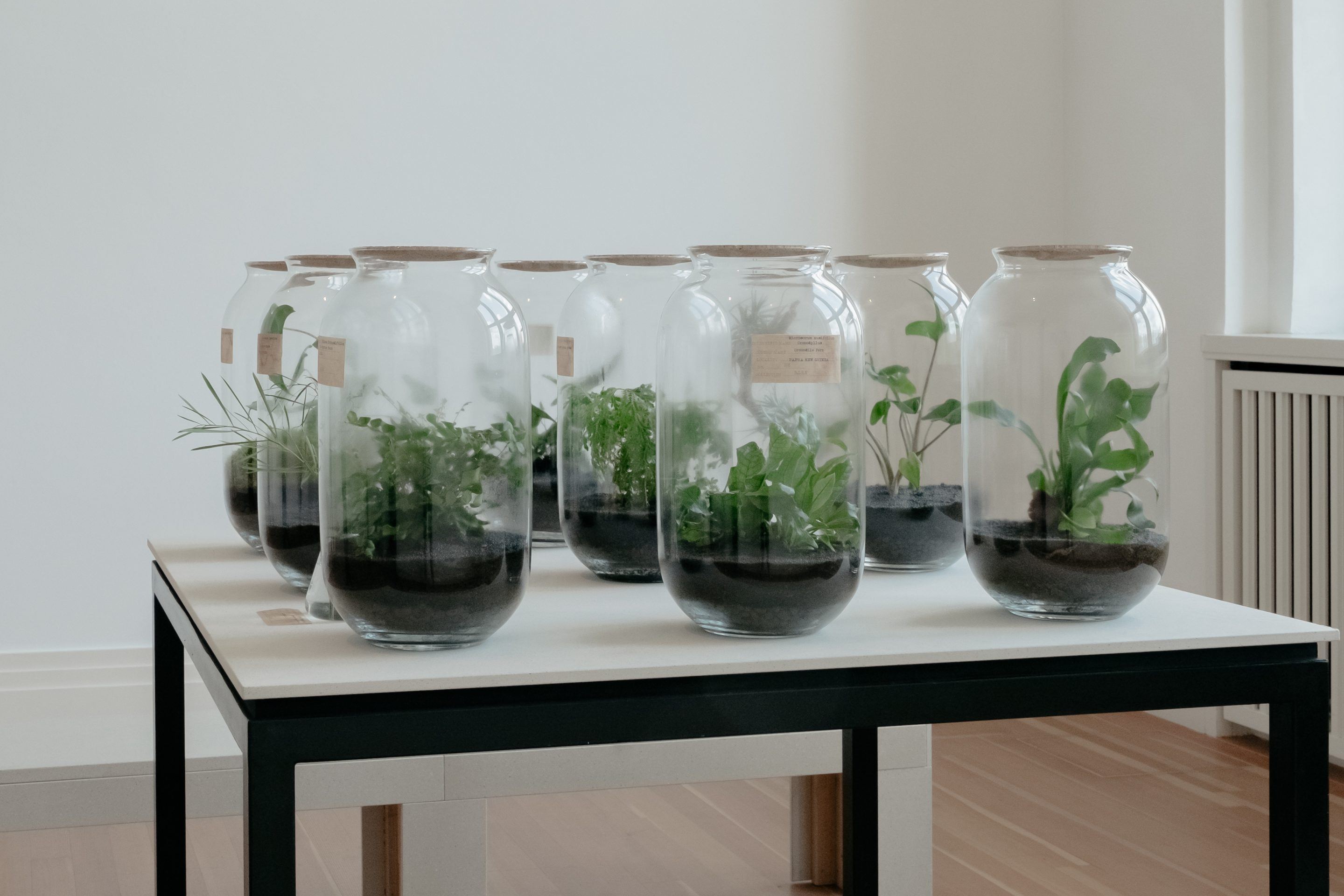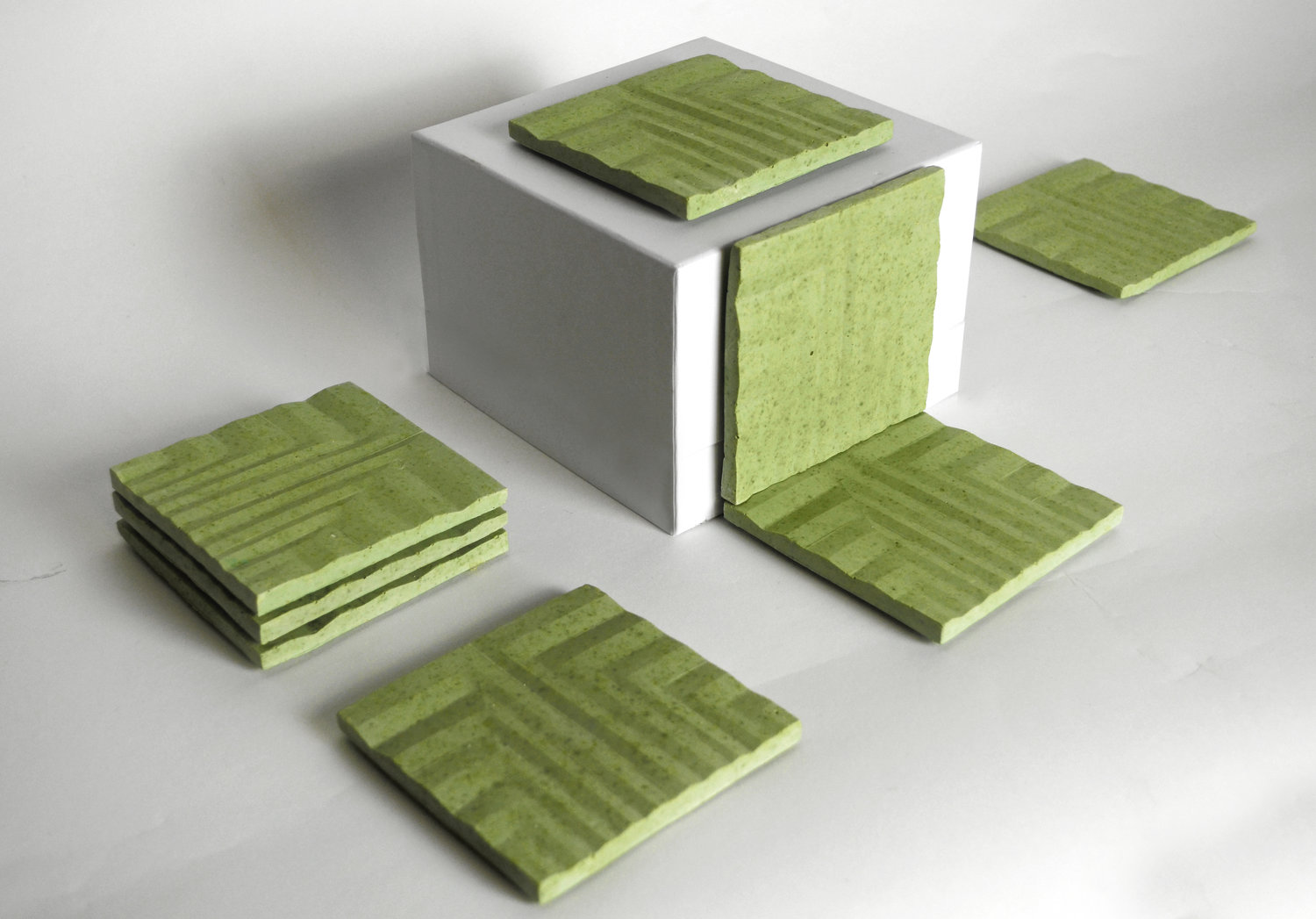Our weekly serving of off-the-menu items—a few popular favorites from the week, as well as a few morsels that may have slipped your notice.
 Consumers can test kitchen designs before purchasing them at Life Kitchens virtual reality showroom.
Consumers can test kitchen designs before purchasing them at Life Kitchens virtual reality showroom.
Designing with Virtual Reality
Life Kitchens’ newly opened showroom in London lets you not just design your own kitchen, but test it out in person. Based on a desire to build kitchens perfectly suited for each individual’s day-to-day life, Life’s virtual reality technology allows you to walk around inside your personally designed, simulated kitchen. The virtual reality experience includes every detail, with cabinets that open and the feeling of real countertops beneath your fingers.
 Coca-Cola introduces thermochromic cans that respond to changes in temperature.
Coca-Cola introduces thermochromic cans that respond to changes in temperature.
Color-Changing Cans
Coca-Cola has partnered with packaging supplier Crown Holdings to release new designs for Coke Red and Coke Zero. Currently available only in Turkey, the cans feature seemingly plain white illustrations, but the thermochromic ink used in the design unveils colorful patterns when exposed to temperature changes.
 While MSG is often adamantly avoided, few people know its history or true impact on health.
While MSG is often adamantly avoided, few people know its history or true impact on health.
The Truth about MSG
While Chinese-American restaurants often advertise their food as MSG-free, this savory food additive is still present in both home kitchens and some of the most common store bought snacks. MSG’s cultural history is as polarizing as it is unclear, with some consumers lauding it as a great source of umami flavor, while others avoid it at all costs. This article breaks down what MSG really is, why we started using it, and what American consumers think about it today.
 Lower-income New Yorkers are more likely to lose access to local produce as SNAP benefits are discontinued at most NYC farmers’ markets.
Lower-income New Yorkers are more likely to lose access to local produce as SNAP benefits are discontinued at most NYC farmers’ markets.
New Yorkers Lose Access to Farmers’ Market Resources
By the end of July, nearly 20,000 New Yorkers may no longer be able to shop at farmers’ markets. The Novo Dia Group, a company that processes SNAP transactions at all 50 GrowNYC Markets, will soon discontinue its services. SNAP, or the Supplemental Nutrition Assistance program, provides the benefits formerly known as food stamps; the termination of SNAP payments at NYC farmers’ markets means that many low income households and people with disabilities will no longer have access to the fresh produce and lower prices that are often only available at these markets.
 The economic benefits and future success of vertical farming are still uncertain.
The economic benefits and future success of vertical farming are still uncertain.
The Future of Vertical Farming
Although vertical farms have quickly gained popularity as a buzzy alternative to traditional agriculture, their economic viability and potential for growth are still in question. Hydroponic farms can cost roughly $27 per square foot to operate, a much higher rate than green houses, and the demand for indoor-grown plants is still unknown. Eater breaks down the pros and cons of indoor farming, pointing out that it may not be the cure-all solution to the need for higher agricultural productivity.















